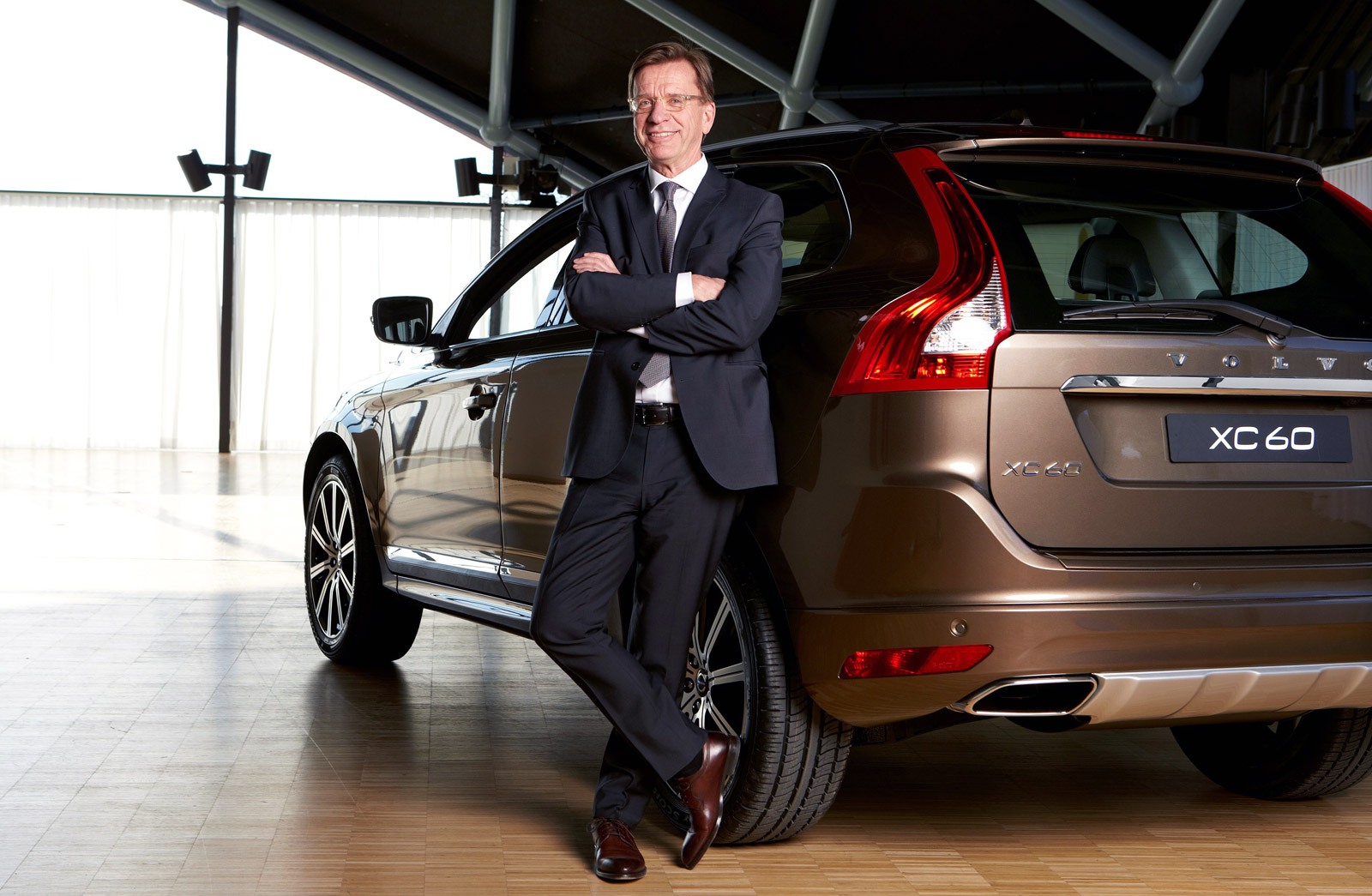Håkan Samuelsson, Volvo’s chief executive officer, recently confirmed that the Swedish company will only sell electrified vehicles (hybrid and electric) by 2025. Besides, it also aims for the brand’s total sales to be 100% electric for 2030, although this goal is more of an aspiration than an already defined timetable.
Currently, Volvo has a single electric model in its ranks (the XC40 Recharge P8 AWD), although next month, it will launch another (probably a coupe derivative of the XC40 itself). However, for these types of cars to be successful, Samuelsson believes governments will need to invest in charging infrastructure to help drive demand. He thus reflects it in a recent interview for Autocar:
“We have models in our product cycle plan that will allow half of our sales to be electric. That is ongoing. What’s harder to predict is whether customers will choose those cars or stick with plug-in hybrids or conventional vehicles. We are encouraged to see that [the shift to electric vehicles] is fast and accelerating.
But one thing that is beyond our control and that needs to be improved to drive EV acceptance is charging infrastructure, in which governments must invest. Electric cars need high-power chargers on the main road networks. That’s something that needs to happen fast for 50% of our cars to be electric [by 2025].”
The big oil companies should be interested [in entering this sector] because it will be the way to refuel in the future. On the other hand, the Volvo boss also believes that governments must resist the temptation to increase electricity taxes to compensate for falling revenues from fossil fuel sales.
“The cost of electricity is really important to drive the electrification of cars. Even with today’s high tax levels, there are fewer taxes on electricity than on fuel [in most countries], and [lower cost of electricity] is probably the best driver of electrification. If governments really want to promote electrification, I urge you to resist the temptation to tax electricity even more.”

